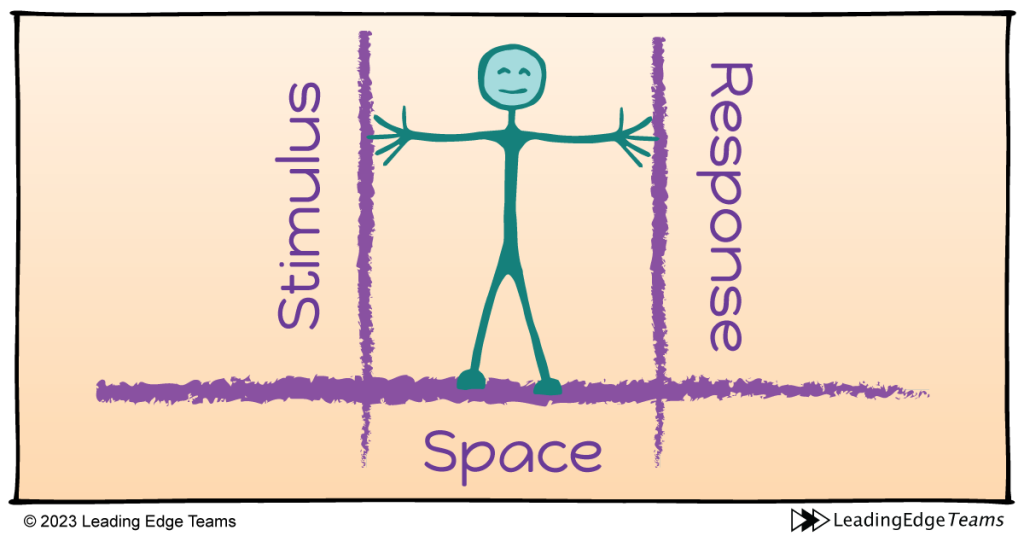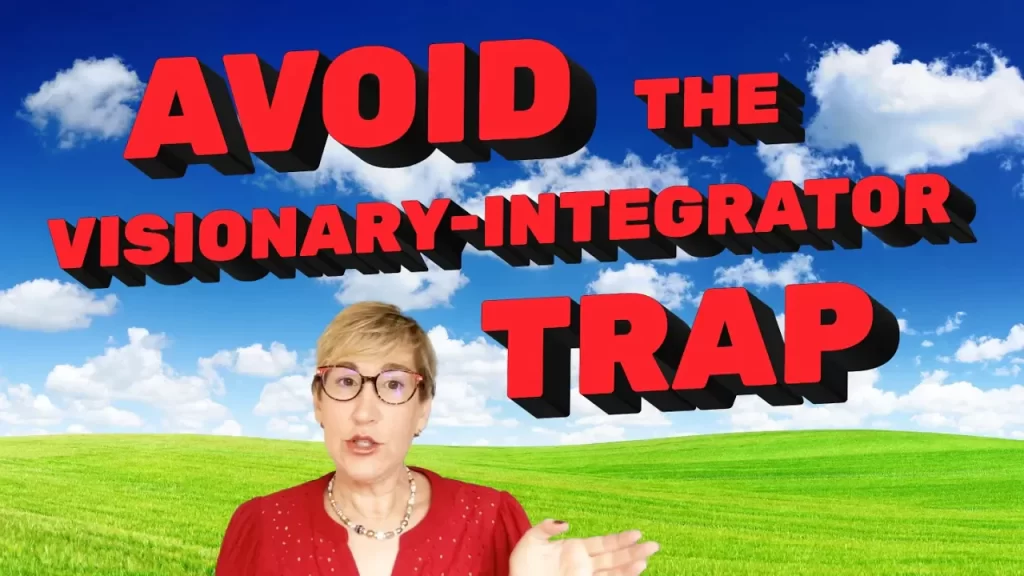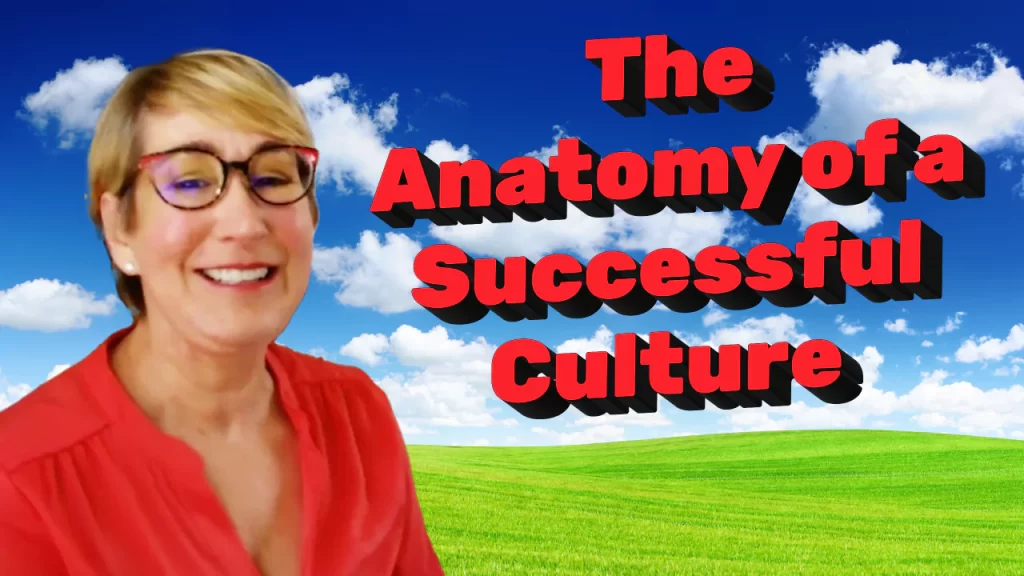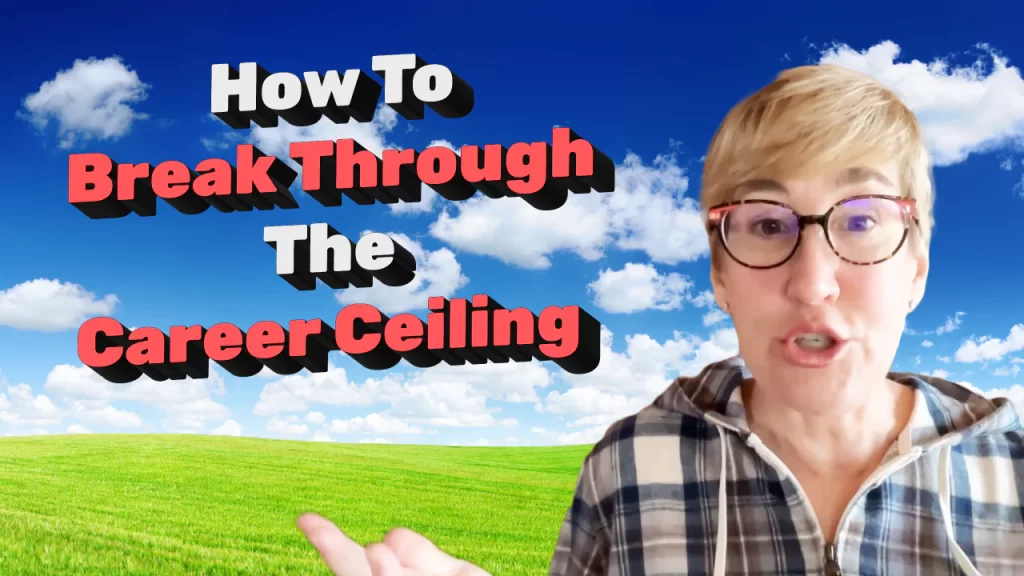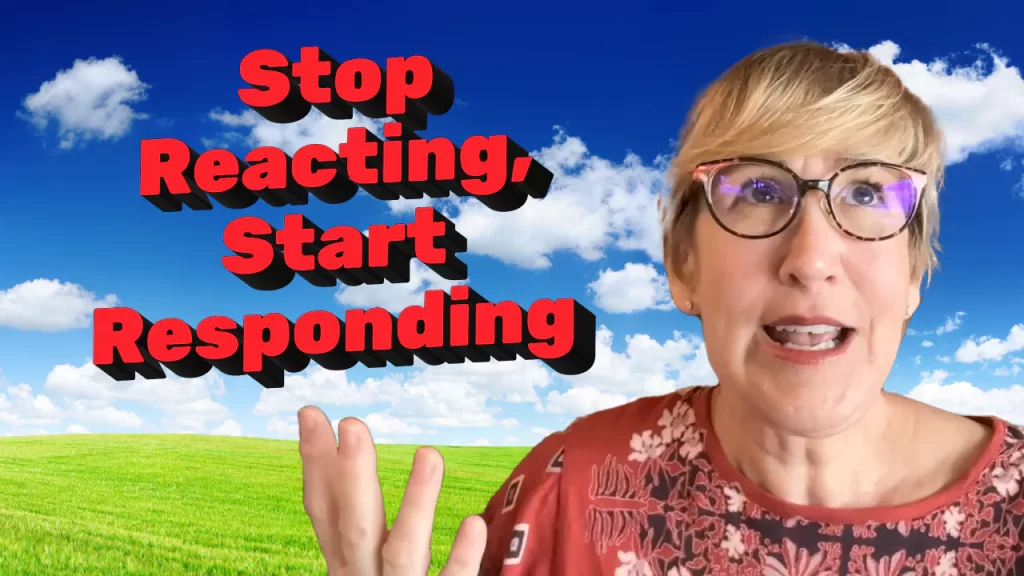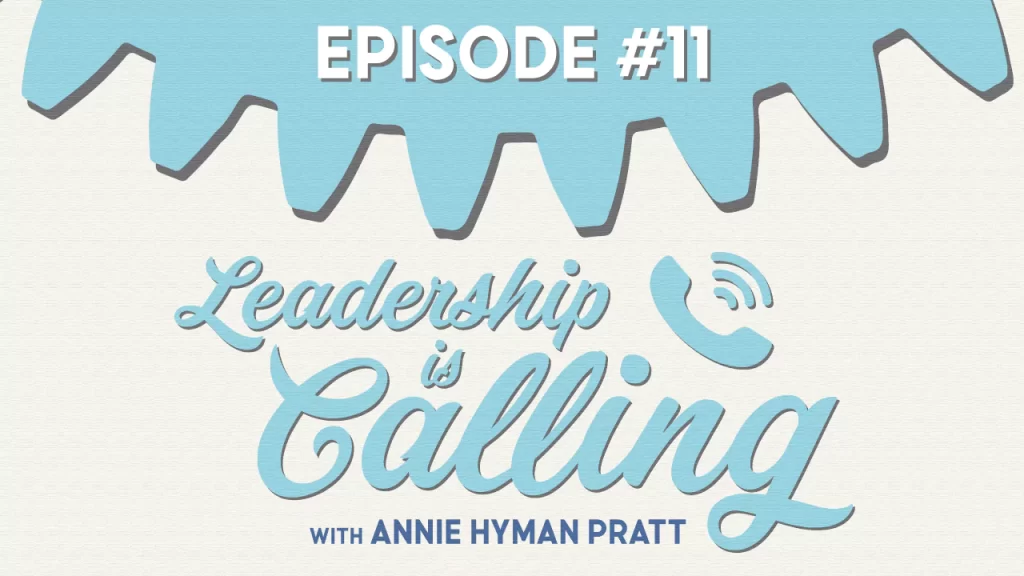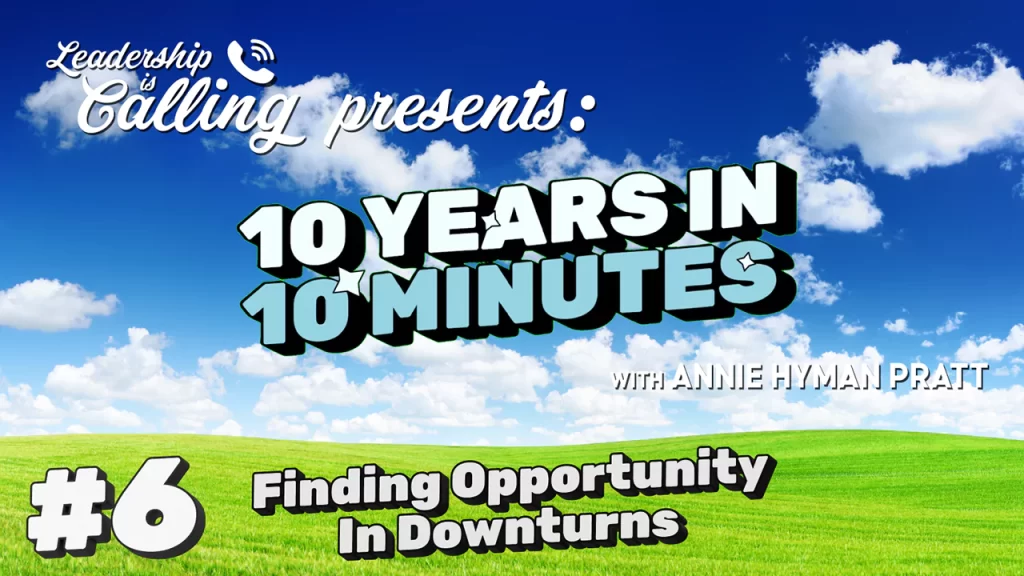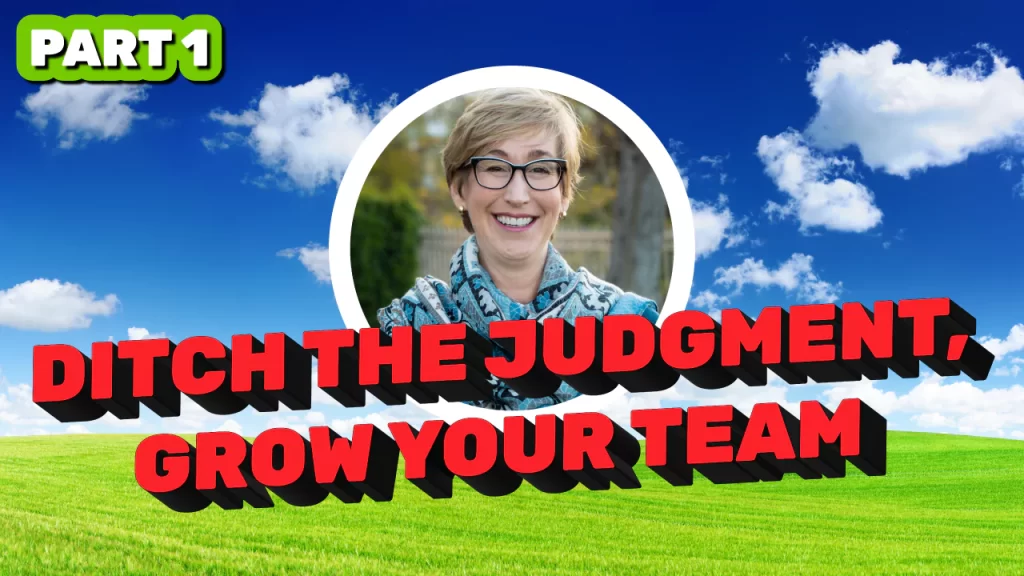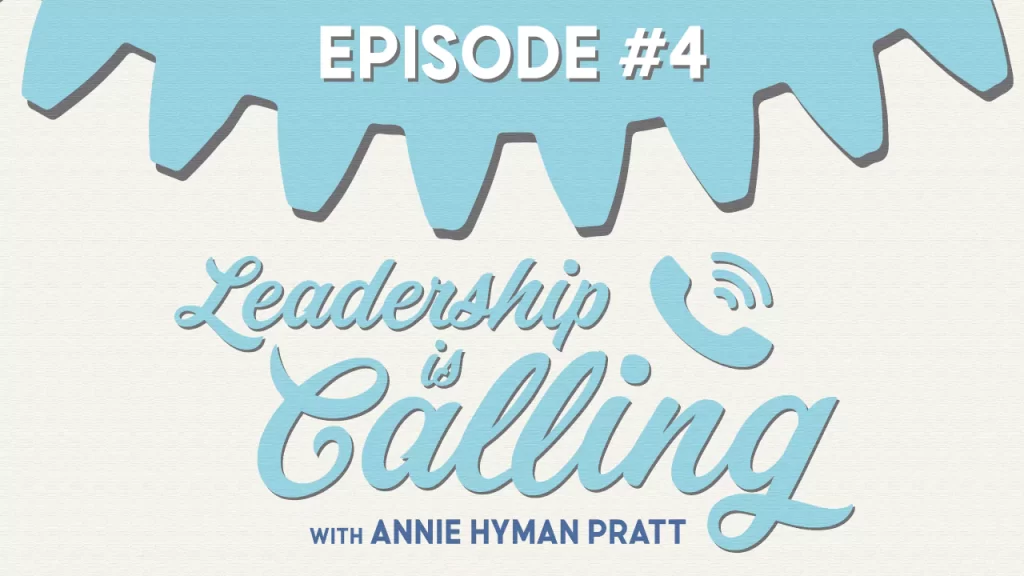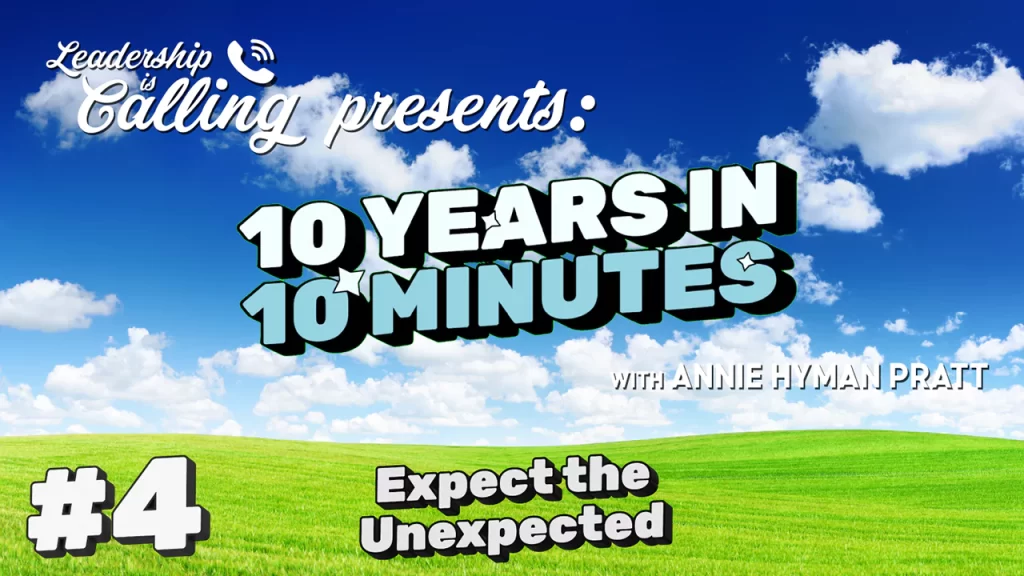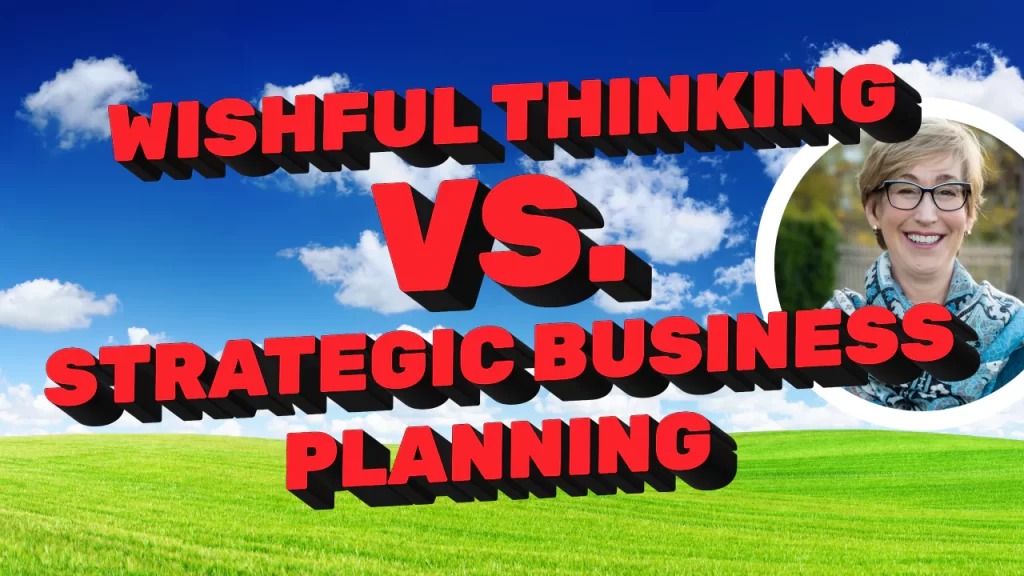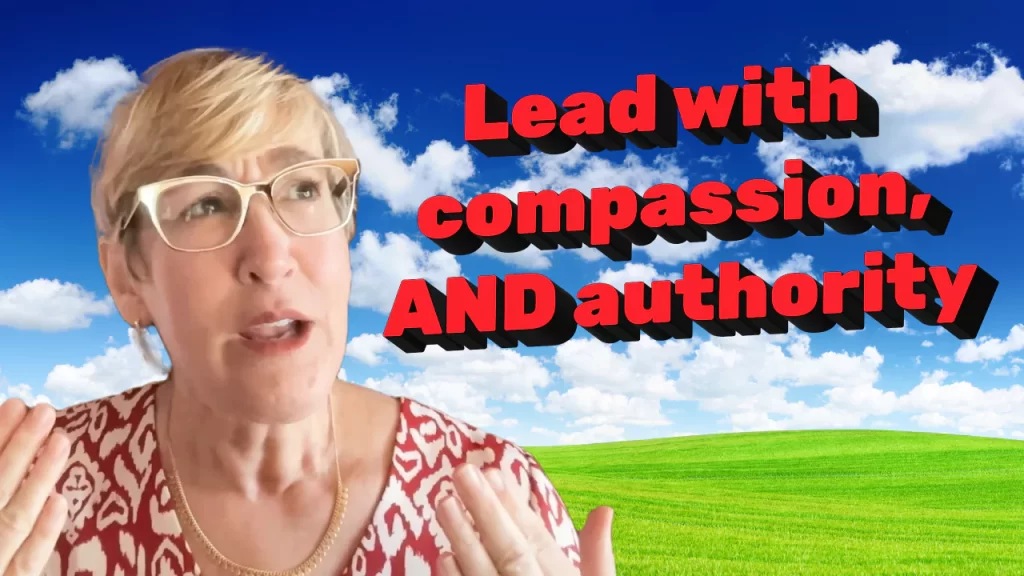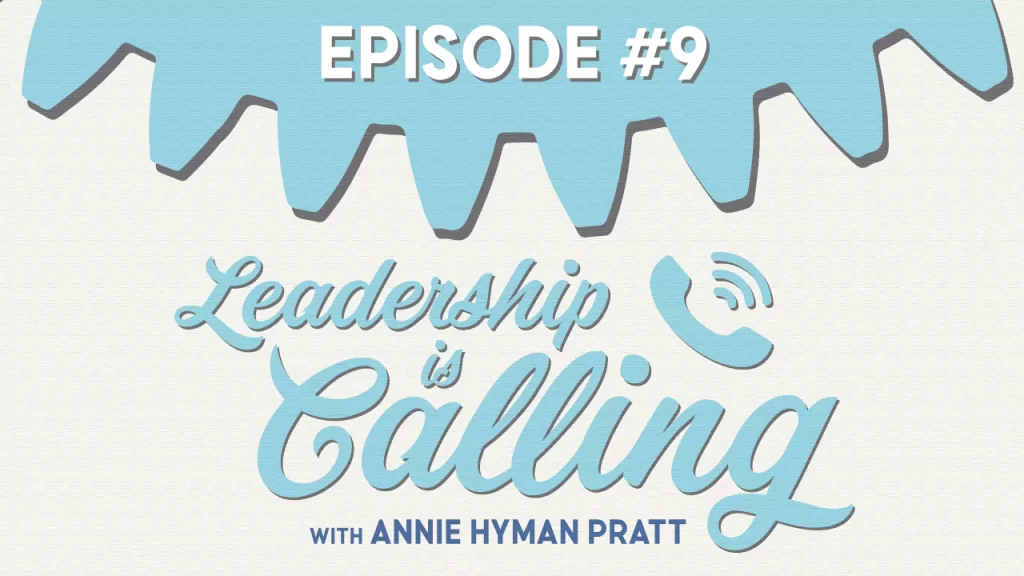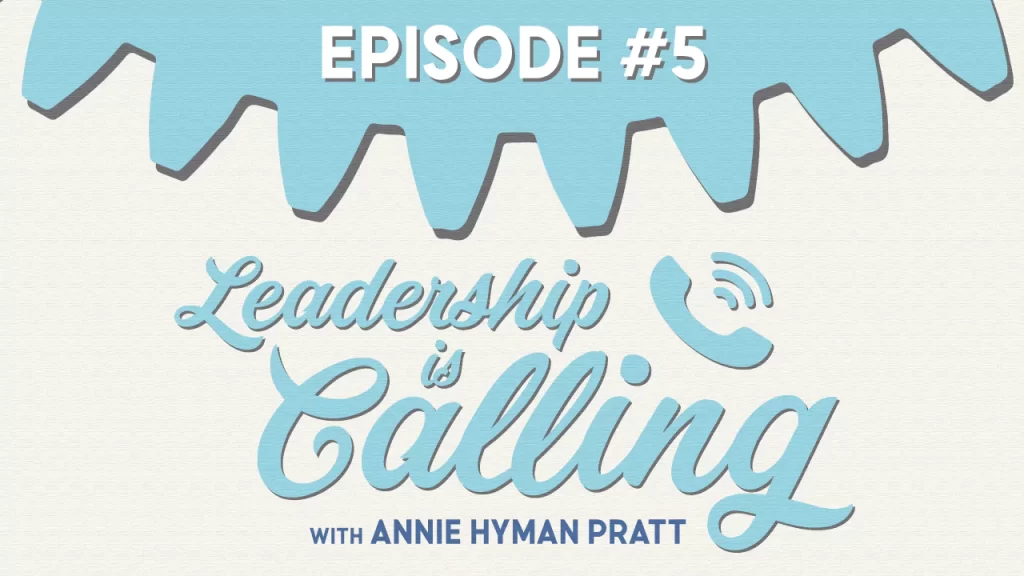Episode #26: The Power of the Pause: How to Respond (Not React) to Conflict
Leadership is Calling Episode #26
Special Series 10 Years in 10 Minutes #14: Annie Hyman Pratt
- Description
- Transcript
The Power of the Pause: How to Respond (Not React) to Conflict
Do you ever feel like you react to things instead of responding? Do you find yourself getting triggered by your team members or other people? If so, you’re not alone. In this video, Annie shares a powerful metaphor for how to stop reacting and start responding. She calls it “the Power of the Pause.”
The pause is the space between stimulus and response. It’s the moment when you have a choice about how you’re going to react. When you’re triggered, you can either react automatically or you can pause and choose a different response.
In this video, Annie teaches you how to use the power of the pause to become a more effective leader. She shares practical tips on how to recognize your triggers, how to pause in the moment, and how to choose a different response.
If you’re ready to stop reacting and start responding, this video is for you. Watch now and learn how to use the power of the pause to create more productive relationships and achieve your goals.
Key Points
- Self-leadership is the space between stimulus and response. This is where we can choose how we react, instead of reacting automatically.
- To be effective leaders, we need to be able to regulate our emotions and not spray skunk spray on our team members. This means avoiding blame, judgment, and defensiveness.
- We are all hardwired to do self-protective behaviors, but these behaviors are destructive to business relationships.
- When we spray skunk spray, it sticks to the people around us and takes them a while to recover. The more we spray, the less people can get rid of the smell.
- The power of the pause is the most powerful, essential skill a leader can have.
- When we pause, we have a chance to regulate our emotions and choose a different response.
- There are no occasions where we should blame other people.
- We can all learn to pause. It is essential and we can do it.
Timestamps
0:00 Introduction
0:42 The space between stimulus and response
3:00 Self-protection
4:57 Skunk analogy
Related Resources
Downloadable Worksheet: The CCORE Empowerment Process
More Information: Self-Leadership
Articles: The Power of the Pause | Interrupt Your Emotional Reactions: Pause…
Book: The People Part by Annie Hyman Pratt
Quote Resource: BrainyQuote
Auto-Generated Transcript – unedited version
The Power of the Pause: How to Respond (Not React) to Conflict
Hey, everybody! It’s Annie. Today, I wanted to first share with you one of my very favorite quotes. It’s from Viktor Frankl from the book Man’s Search for Meaning. And it goes like this:
Between stimulus and response, there is a space. In that space is our power to choose our response. In our response lies our growth and our freedom.
Okay, so that quote is everything in leadership. That space, that space between stimuli and response. That’s the space that we call self-leadership. That’s the place where we get to choose how we respond. And what I mean by that is that in that space, when we are have a stimulus, right, when we have a trigger—I might use that word instead of stimulus, even when we have a trigger—we are hardwired to automatically react, automatically, as humans, to actually be able to do what we want to do. What’s going to be most effective? Gosh, especially in business, we need to not react. We need to be able in that moment to not do the natural hardwired thing, but to actually pause, right, kind of pause in our mind and be able to choose, be able to slow down, regulate our emotions so they aren’t driving what we do next. They are driving what we say next. They are driving the eye rolls or the look on our face of, you know, of maybe fear or anger or whatnot. So we need that space so that we can actually do productive things and have productive relationships with other people. And in business, that’s everything.
Because unless you want to be a solopreneur, a true solopreneur, really, you know, working only with yourself, you are at some point as a business leader or an entrepreneur, going to be working with quite a lot of other people. If you want to have a business that you know that gives you the impact in the world that you want, that is highly financially rewarding, that you know, that grows and and gosh, and it gives you the lifestyle freedom that you’d like to.
As humans, we need to get better and better at how we interact with other people. Gosh, especially team members. Right. Okay. So here’s the thing.
As leaders, both entrepreneurs and leaders of other people, we often don’t really take into account our impact on other people. Humans, we do go into self-protection. We do things again. Like I said earlier, we’re hardwired to do things like blame, judge, criticize, maybe hide, deny, defend, justify, resist. We are hardwired to do all of these kinds of behaviors that are destructive to business relationships. They’re destructive. And I think that as humans, we kind of have this feeling of like, well, they’re not that big a deal. Like, when we fall into those self-protective behaviors, we’re thinking, I just had a moment. I just had to blow off some steam.
Okay. I want you to think about this differently. And I’m going to use a metaphor that I think is a powerful one that you won’t forget. So here’s how I see it as humans, we have these we have kind of like a reactive skunk inside each of us. And I will share that. When I was younger, for sure, my skunk was easily spooked and whenever my skunk got triggered or spooked, I would spray the people around me. And this spray is things like blame, lots of defensiveness, avoiding, pleasing, you know, all of those kinds of behaviors that, again, were my reactive behaviors. They were my behaviors that I did without that space.
So here’s the thing. When I would spray all those behaviors, if anybody if any of you have ever had a dog that was sprayed by a skunk or cat, you know, that stuff is so sticky, it’s horrible. The smell makes you want to vomit. It’s so, so, so bad. And I’m pretty sure that skunks can’t smell their own spray. I couldn’t really smell mine. So.
So that we tend to think that like, well, why don’t people just get over it? Why? You know, I just had a moment, like, I apologize. It’s no big deal. And the thing is, is that for the human on the other side. No, it’s like getting sprayed by a skunk, especially if the relationship is quite intimate and especially if there’s a high level of internal dependency. Right. So when a leader sprays a team member, the team member is impacted. So, so much more than the leader realizes. Like it stays there, that stinky smell stays there. And it takes people a while to get rid of it to recover.
So certainly I don’t want all leaders to be running around trying to clean up a skunk spray. It doesn’t work. I’ve bought so many things to clean up our dogs, but I promise you, it doesn’t really work. We, you know, we had a dog that had to be outside a lot because she got sprayed all the time. And it is the same with people in that the more you spray, the less you can get rid of the, you know, the less people can get rid of the smell on them. It’s just they just after a while, they just can’t take it. So we want you to not spray.
This is a big, big, big skill for leaders, for entrepreneurs, really, for anybody that wants to achieve success in their lives, it’s going to rely on working with a lot of people. So we’ve got to have you not spray. And what that means is that when you feel the urge, when you’re about to spray one that you can recognize, oh, shit. I feel like, you know, saying something not good right now. I feel like blaming someone. I feel like rolling my eyes. I, you know, at that moment have to be able to pause. Heather on our team calls it the power of the pause. It’s the most powerful, essential skill you could ever have.
And we need it because once we can have you pause, then you have the chance to regulate your emotions, to choose something different. This is so essential. It’s, you know, it’s like you’re human. Certainly we are going to make mistakes. Sometimes people ask me, Hey, shouldn’t I know? Aren’t there occasions where we should blame other people? You know, where the situation is so bad that we should definitely just like, you know, let it fly and. No, no, no, there isn’t. There really isn’t. Are we human or will we make a mistake? Sometimes, yes. And I kind of feel like what you’re aiming for is maybe you make a mistake once a year if it’s a really stressful, terrible time, maybe once a quarter. But this is not the kind of thing where you can blame the team and clean it up. You know, every week or every other week you’ll lose your team because at some point people can’t take this smell on them. They just can’t, they can’t overcome it.
So that’s what I really want you to know. And that you absolutely can learn to pause. It’s essential and you can do it. And of course we are. We’re here to help. That’s what I wanted to share for today. And I look forward to seeing you next time to learn more about this episode’s topic, pick up a copy of my book, The People Part, at your favorite book retailer or at any time in the press.

